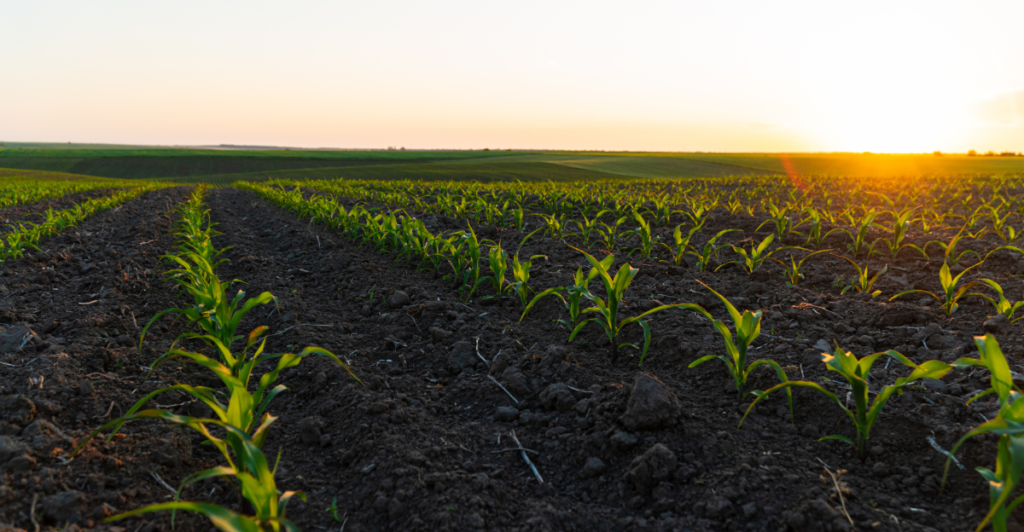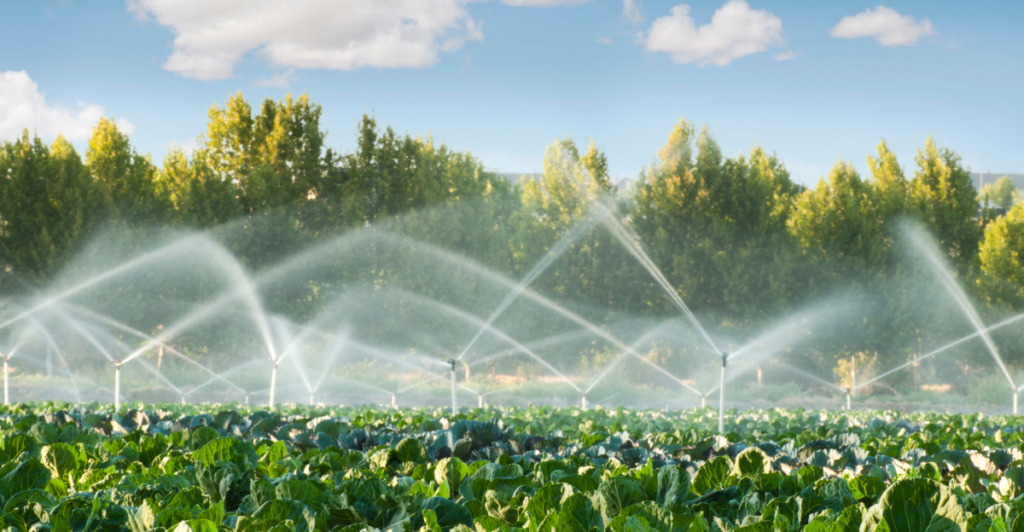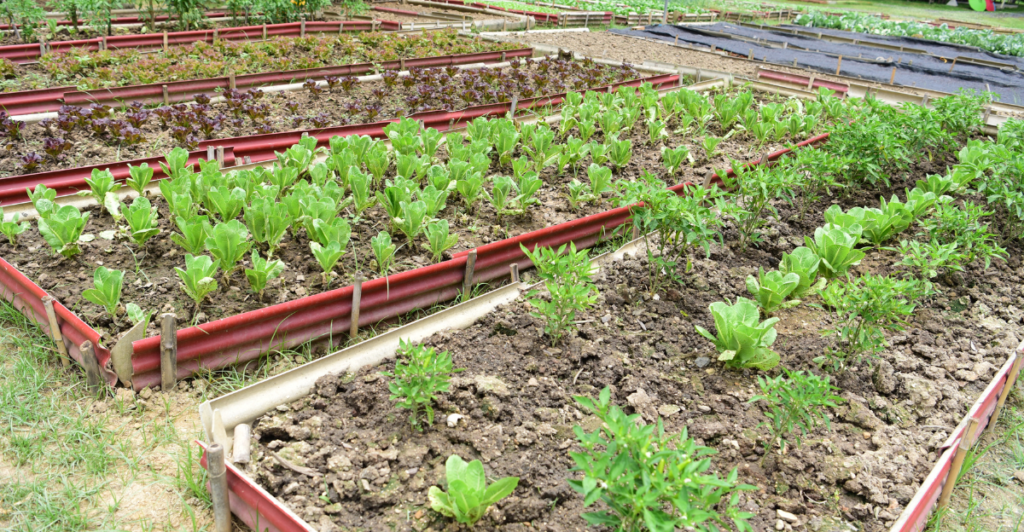
Before diving in, clarify your vision for the farm. Decide on your niche: organic vegetables, free-range eggs, or specialty herbs. Starting small minimizes risk and allows you to test what works. Research successful farms for inspiration and take notes on their strategies. Building a solid foundation ensures future success. You can turn your dream into a sustainable small farm venture with the right mindset and realistic goals.
Understand the Market

Research your local market to identify demand. Attend farmers’ markets, connect with community-supported agriculture (CSA) groups, and analyze consumer trends. Knowing what people want- heirloom tomatoes or artisanal honey- can guide your business plan. Understanding the market ensures you’re growing or raising products that sell. This step is critical for building a profitable farm that meets local needs and your entrepreneurial goals.
Create a Business Plan

A business plan is your roadmap to success. Outline your farm’s mission, target market, and financial projections. Include details about startup costs, expected revenue, and operational expenses, including equipment, seeds, feed, and labor. A well-thought-out plan can attract investors, secure loans, and guide decision-making. Having a clear strategy helps you focus on profitability and long-term growth.
Find the Right Land

Location matters. Find affordable land with fertile soil, reliable water sources, and favorable climate conditions for your crops or livestock. Proximity to markets or distribution centers can reduce transportation costs, research zoning laws, and agricultural tax incentives in your area. Consider starting on leased land to cut initial expenses. Choosing the right property is key to maximizing productivity and minimizing challenges.
Invest in Quality Equipment

Start with essential tools and equipment tailored to your farm’s needs. You’ll need a tractor, plows, and irrigation systems for crop farming. For livestock, invest in fencing, shelters, and feeders. Quality equipment boosts efficiency and reduces long-term costs. Avoid overspending on unnecessary machinery by prioritizing durable, multipurpose tools. Proper maintenance ensures your equipment lasts, keeping your farm running smoothly.
Build Your Skills

Learn everything you can about farming. Take workshops, watch online tutorials, or attend agricultural conferences. Many universities offer extension programs with free or low-cost resources. Networking with experienced farmers can provide valuable tips. Farming requires knowledge of soil health, pest control, animal husbandry, and more. Developing these skills ensures you can tackle challenges and run your farm effectively.
Focus on Sustainability

Adopt eco-friendly practices to enhance soil fertility and protect natural resources. Use crop rotation, composting, and integrated pest management to minimize environmental impact. Renewable energy sources like solar panels can reduce energy costs. Consumers increasingly prefer sustainably grown products, giving you a competitive edge. Building a green farm helps the planet and strengthens your brand’s appeal.
Secure Funding

Starting a farm requires capital. Explore funding options like small business loans, government grants, or crowdfunding. The U.S. Department of Agriculture (USDA) offers programs for beginner farmers. Some banks provide agriculture-specific loans. A solid financial plan, including a realistic budget, can attract investors. Securing adequate funding ensures you can cover startup costs and invest in long-term growth.
Develop a Marketing Strategy

Promote your farm through social media, a website, or community events. Build a loyal customer base by sharing your story and offering transparency about your practices. Consider joining local co-ops or partnering with restaurants. Creating a brand identity with a logo and tagline makes your farm memorable. Effective marketing connects you with customers and boosts sales.
Start Small and Scale Gradually

Start with manageable projects to avoid overwhelming yourself. Focus on a few crops or a small herd of livestock. As you gain experience, expand your offerings and operations. Gradual scaling reduces financial strain and allows you to refine your methods. By pacing yourself, you build a strong foundation for a thriving farm.
Build Community Relationships

Engage with your local community to foster support. Collaborate with schools, host farm tours, or donate to food banks. Connecting with neighbors, suppliers, and customers can lead to valuable partnerships. A supportive community boosts your farm’s reputation and helps ensure long-term success. Farming is as much about relationships as it is about hard work.
Stay Adaptable

The farming world is unpredictable. Be ready to adjust your methods in response to weather changes, market trends, or new challenges. Stay informed about advancements in agriculture and emerging consumer preferences. Adaptability keeps your farm resilient and competitive. Flexibility is one of the most essential traits for thriving in this dynamic industry.
Celebrate Milestones

Acknowledge your achievements along the way. Celebrating your first harvest, a thriving market day, or reaching financial goals keeps you motivated. Farming is demanding, but recognizing progress reminds you of the rewards. Each milestone marks another step toward creating a sustainable, profitable small farm. Embrace the journey and take pride in your hard work.
Discover more of our trending stories and follow us to keep them appearing in your feed

California Is Splitting Apart: A Fault Line Is Forming Faster Than Anyone Predicted
Bobcats and Farmers: Finding Innovative Solutions for Peaceful Coexistence
10 Most Expensive Bulls Ever Sold – Every Farmer’s Dream
12 Most Beautiful Farm Animals in the World
Stay connected with us for more stories like this! Follow us to get the latest updates or hit the Follow button at the top of this article, and let us know what you think by leaving your feedback below. We’d love to hear from you!







